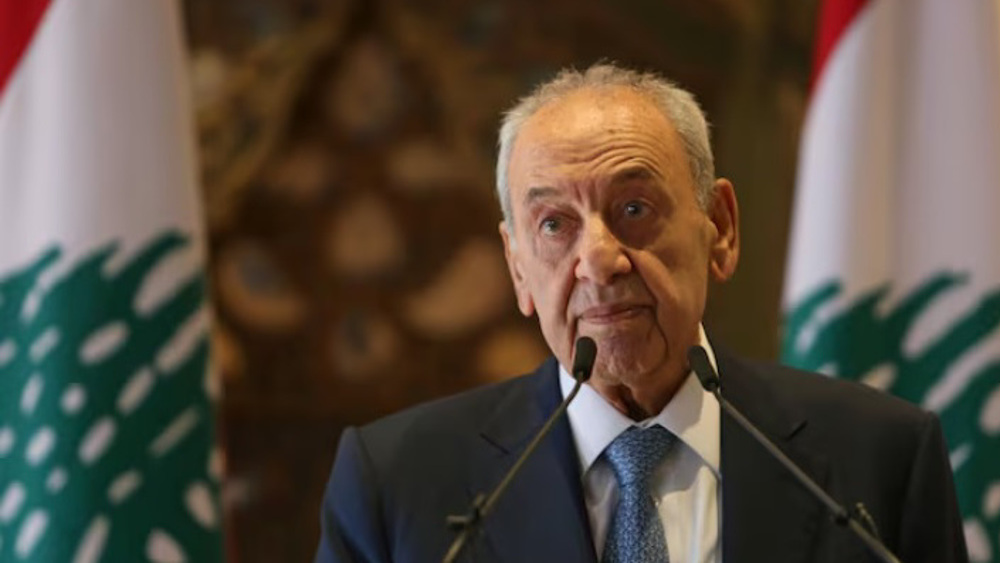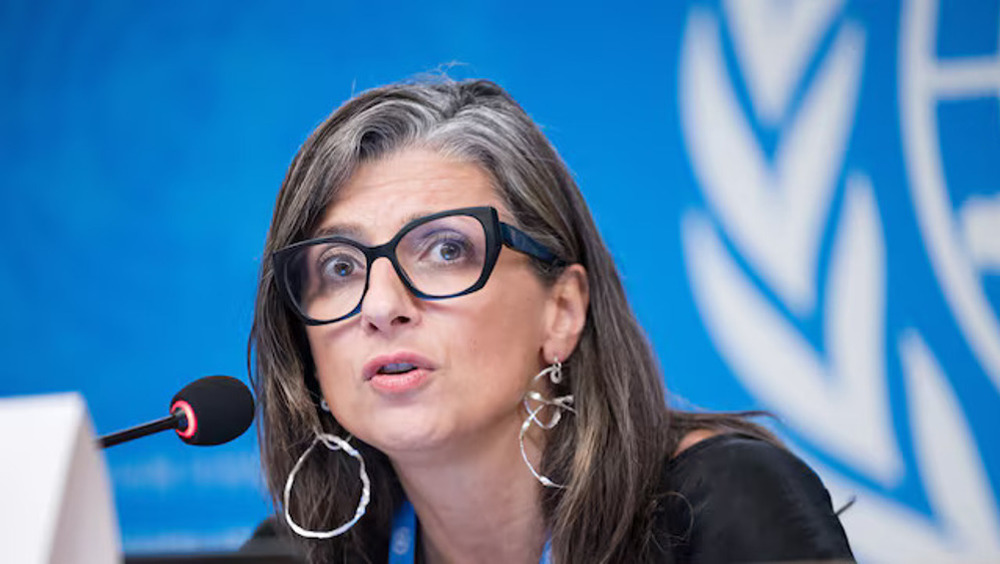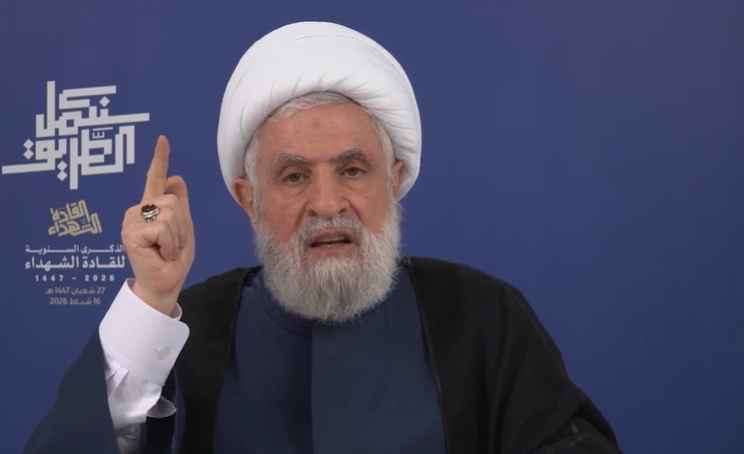UN employees in Gaza stage mass strike over US aid cut
Thousands of the United Nations employees have staged a mass strike in the besieged Gaza Strip over US plans to cut annual aid to a relief agency that renders aid to Palestinian refugees.
Some 13,000 employees went on a one-day strike on Monday, closing schools, clinics and food distribution centers in the Gaza Strip in protest at the US administration’s decision earlier this month to cut its financial contribution to the United Nations' Relief and Welfare Agency (UNRWA), which runs 278 schools in the region attended by some 300,000 Palestinian students.
The employees also marched to the UN headquarters in Gaza City, waving Palestinian flags and brandishing banners that read "Dignity is priceless.”
Appreciating the UN staff’s action, UNRWA spokesman Abu Hasna said the agency, which has launched an international appeal for funds, had only enough money to operate for three months.

On January 16, the US State Department announced that Washington would hold back 65 million dollars to UNRWA - more than half its planned contribution this year - and demanded that the agency make unspecified reforms.
In a tweet on January 2, US President Donald Trump said Washington gave the Palestinians hundreds of millions of dollars a year, but got “no appreciation or respect.”
UNRWA was established by the UN General Assembly in 1946, one year after the creation of the Israeli regime. More than half of the two million people in the Gaza Strip depend on support from UNRWA or other humanitarian organizations.
Speaking at the World Economic Forum in Davos last week, Trump also criticized the Palestinian leadership for what he called disrespecting Vice President Mike Pence during his visit to the region and suggested such behavior provided grounds for cutting aid.
The Monday strike comes as relations between the US and Palestine have been strained since December 2017 when Trump recognized Jerusalem al-Quds as Israel’s capital and vowed to relocate the US embassy in Israel from Tel Aviv to the occupied city.
The entire Jerusalem al-Quds is currently under Israel’s control, while the regime also claims the city’s eastern part, which hosts the third holiest Muslim site. The city, which Palestinians want as the capital of their future state, has been designated as “occupied” under international law since the Six-Day War in 1967.
Netanyahu’s former chief of staff dies suddenly at 58
Discover Iran: How once-isolated Makran coast is rising as Indian Ocean’s next strategic powerhouse
Hamas says it has not received deadline for disarmament as Israel threatens to reignite war
Switzerland weighs European option as Patriot delivery stalls
VIDEO | Press TV's news headlines
VIDEO | Another Gaza medic dies in Israeli custody
VIDEO | Hezbollah says prepared to defend Lebanon, does not seek war
VIDEO | Celebrations held across China to welcome New Year










 This makes it easy to access the Press TV website
This makes it easy to access the Press TV website